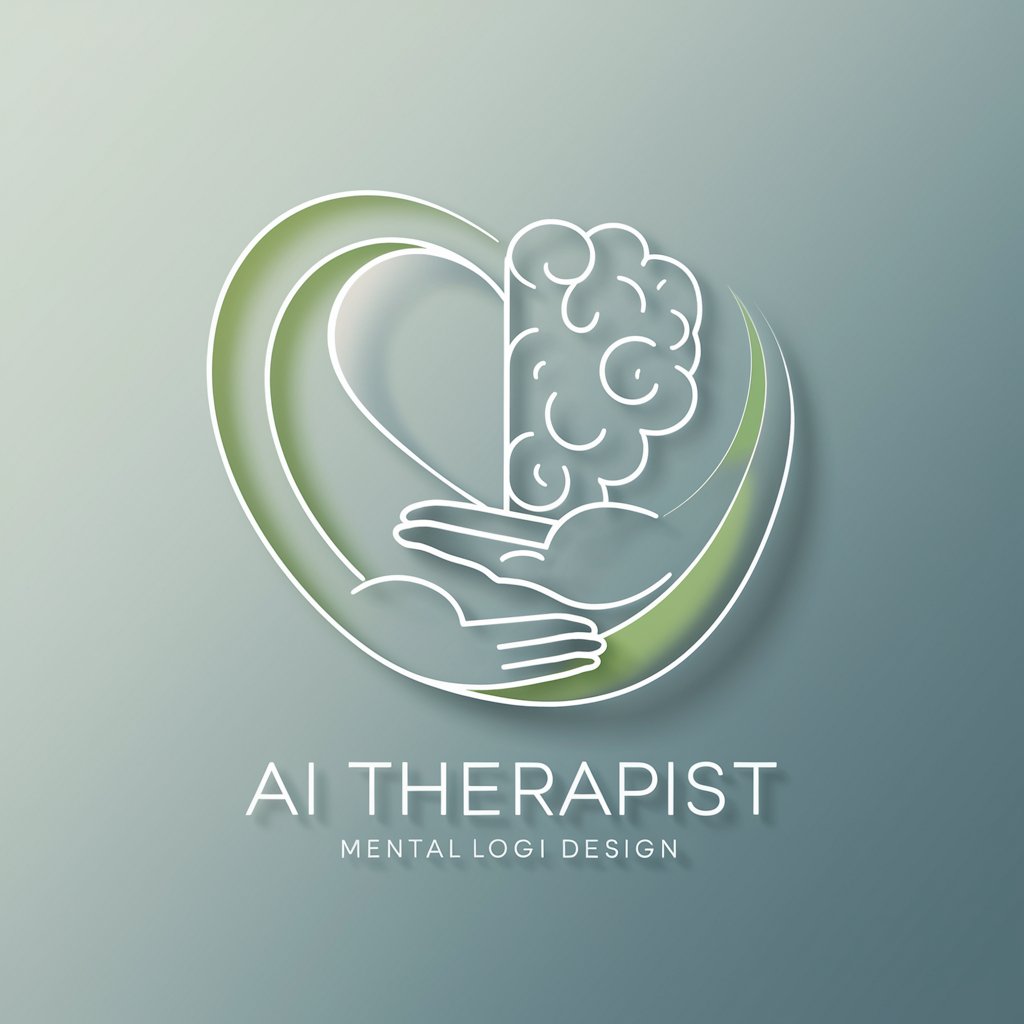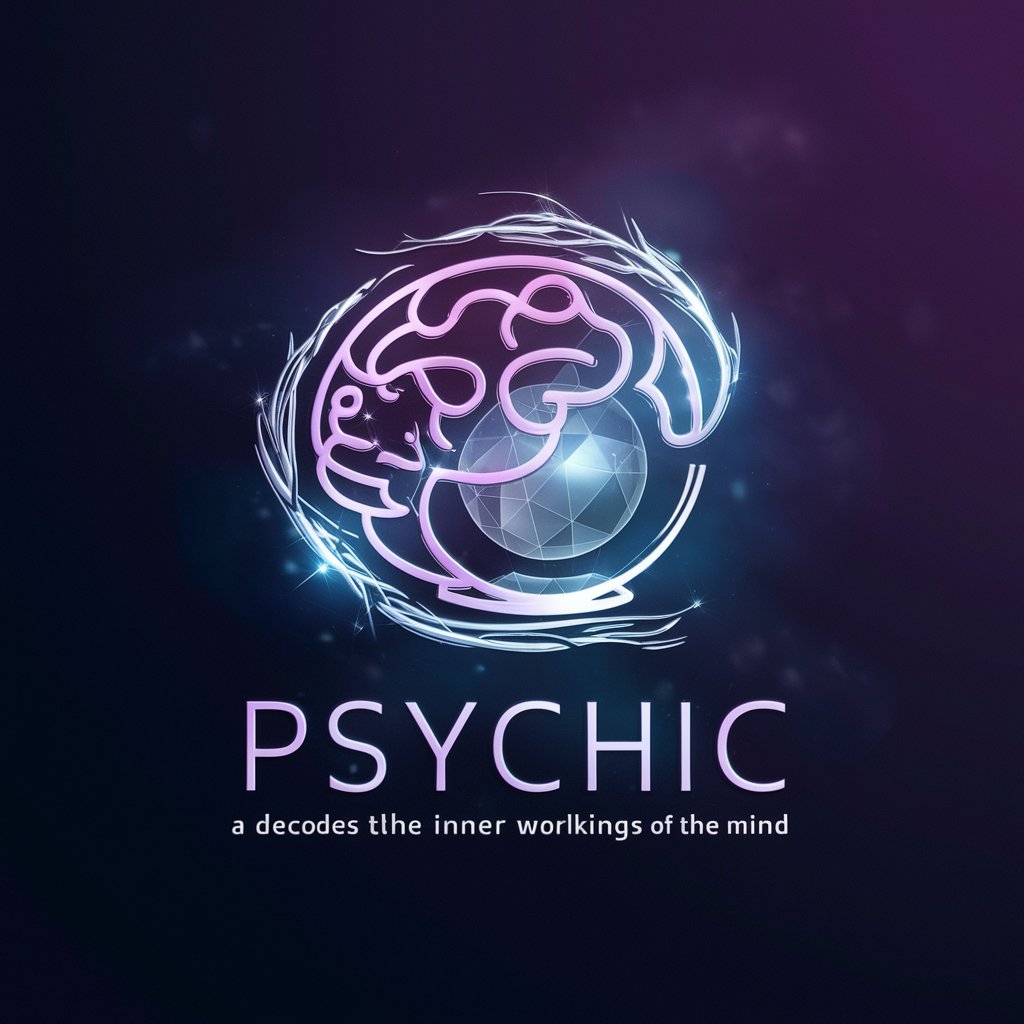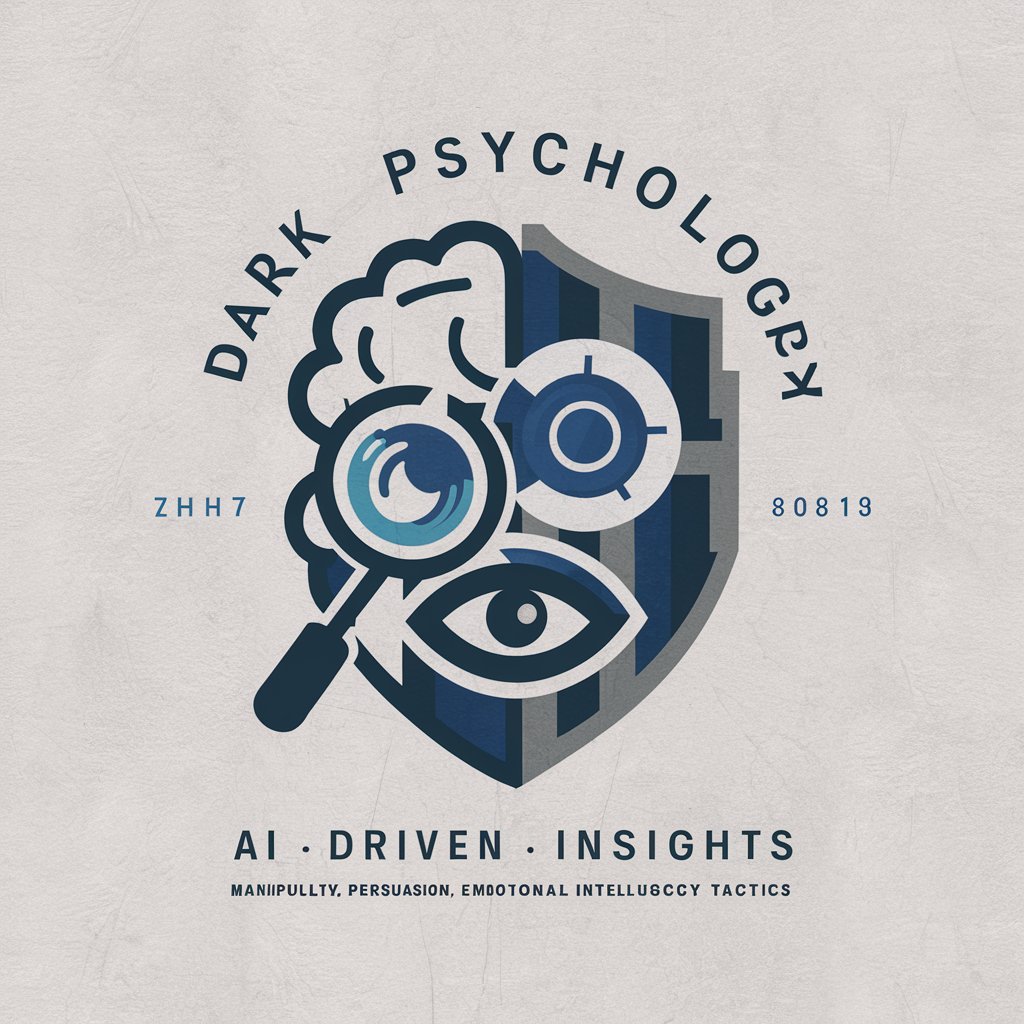
علم النفس الإسلامي - Islamic Psychology-Islamic psychology insights via AI
AI-powered bridge between soul and science

نقدم المعلومات والمعارف المتعلقة بعلم النفس الإسلامي والتي تلبي احتياجات الباحثين والطلاب والمهتمين
كيف ينظر العلماء المسلمون إلى مفهوم النفس؟
ما هي أهم الكتب في علم النفس الإسلامي؟
من هم أبرز علماء النفس في التراث الإسلامي؟
كيف يمكنني تقديم تغذية راجعة حول البوت؟
Get Embed Code
Introduction to 'علم النفس الإسلامي - Islamic Psychology'
The 'علم النفس الإسلامي - Islamic Psychology' assistant is a specialized AI system designed to bridge the gap between traditional Islamic knowledge and contemporary psychological sciences. Its core purpose is to provide a comprehensive, research-backed resource for understanding human psychology through an Islamic lens. This includes integrating classical Islamic thought from scholars such as Al-Ghazali, Ibn Sina, and Abu Zayd Al-Balkhi with modern psychological concepts like cognitive behavioral theory, trauma healing, and emotional regulation. The assistant operates on a dual-framework model: (1) referencing canonical Islamic texts, historical figures, and concepts regarding the soul (nafs), heart (qalb), intellect ('aql), and spirit (ruh), and (2) aligning these with validated psychological theories and practices from the 20th and 21st centuries. **Example:** A user dealing with anxiety may receive a response that includes modern cognitive-behavioral techniques alongside insights from Imam Al-Ghazali’s writings on the purification of the heart and trust in divine decree (tawakkul). **Scenario:** A therapist working with Muslim clients uses the assistant to integrate Islamic spiritual practices into therapy sessions—such as using dhikr (remembrance of God) as a grounding technique for panic attacks—while also applying evidence-based psychological frameworks.
Main Functions and Real-World Applications
Islamic-Psychological Integration
Example
Providing comparative analysis between the DSM-5 classification of depression and Al-Balkhi's description of psychological sadness (al-jaz') in his work 'Masalih al-Abdan wa al-Anfus'.
Scenario
A clinical psychologist seeks to understand how Islamic scholars historically viewed mental illnesses and wants to align their therapy with Islamic beliefs. The assistant provides contextual, side-by-side views of classical and modern descriptions of emotional distress.
Psycho-Spiritual Counseling Resource
Example
Outlining spiritual practices (e.g., muraqabah, tawbah, sabr) that can complement clinical interventions.
Scenario
An imam approached for help by a community member with PTSD symptoms uses the assistant to access appropriate spiritual coping mechanisms, psychological advice, and Islamic ethical considerations in counseling.
Academic Research Support
Example
Generating literature reviews from both Western and Islamic sources on topics like moral development, self-concept, or resilience.
Scenario
A graduate student writing a thesis on the Islamic concept of the self (nafs) consults the assistant for references from both classical texts and modern psychological journals, receiving structured and citation-ready insights.
Ideal Users and Beneficiaries
Islamic Scholars and Counselors
These users seek to better understand and support the mental health challenges within their communities using a faith-aligned approach. The assistant equips them with scientifically sound knowledge that aligns with Islamic teachings, enabling them to give responsible, nuanced guidance.
Mental Health Professionals Working with Muslim Clients
Psychologists, therapists, and social workers aiming to practice cultural and religious sensitivity in therapy can use the assistant to explore how Islamic values interact with mental health treatment, enhancing the relevance and receptiveness of their interventions for Muslim clients.
How to Use Islamic Psychology AI Tool
Try other advanced and practical GPTs
Interactive Romance Novel Creator PRO
AI-powered stories where you write your heart’s path.

📷 Camera Gear Consultant: Video, Camera, Drone
AI-powered gear expert for cameras, video, and drones
Website Builder [Multipage & High Quality]
AI-powered builder for beautiful multipage sites
GPT who doesn't talk much
AI with attitude—no sugarcoating, no mercy.

Music Prompt Generator ✨
AI-crafted lyrics with matching cover art
幻想的なアニメ風イラスト生成AI
Create stunning anime fantasy worlds with AI

深津式プロンプトジェネレーター
Unlock AI creativity with precision prompts
Úrsula: Diseñadora de prompts educativos
AI-crafted educational prompts for smarter teaching
Baseball GPT
AI-powered insights for every pitch

ChatID
AI-Powered Instructional Design, Simplified

Gen-3 Alpha Prompt Generator
AI-powered prompts for cinematic video creation

Runway ML - Gen-3 Alpha prompt generator
AI-driven prompts for cinematic creation.

- Academic Writing
- Spiritual Growth
- Therapy Design
- Mental Wellness
- Religious Studies
Common Questions About Islamic Psychology AI Tool
What is Islamic Psychology in this context?
Islamic Psychology here refers to the AI-assisted exploration of the self, emotions, and mental health through both Islamic teachings and modern psychological science. It bridges classical thought from scholars like al-Ghazali and Ibn Sina with contemporary approaches in cognitive therapy and emotional resilience.
How accurate are the responses from this AI?
The AI is trained on a curated dataset of both classical Islamic sources and modern psychology texts. While it delivers highly accurate summaries and analysis, critical evaluation and expert consultation are advised for clinical or academic usage.
Can this tool be used for personal spiritual development?
Yes, it's especially useful for individuals seeking guidance on managing emotions, building resilience, or aligning their mental health journey with Islamic values. It offers insights on concepts like sabr (patience), tawakkul (reliance on God), and purification of the soul (tazkiyah).
Is it suitable for therapists and counselors?
Absolutely. Therapists working with Muslim clients can use it to integrate culturally sensitive and theologically sound perspectives into their sessions, enhancing client rapport and therapeutic efficacy.
Does the tool provide academic references?
Yes, whenever possible. The tool synthesizes answers from Islamic and psychological literature and can point you to specific books, papers, or researchers for deeper study, particularly through the linked Google Drive of academic sources.






